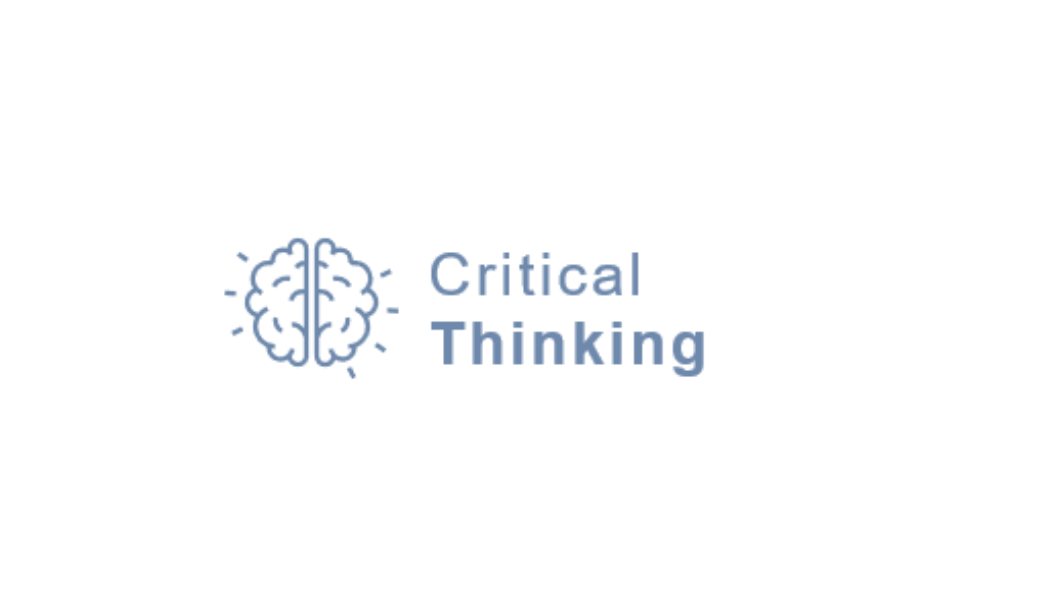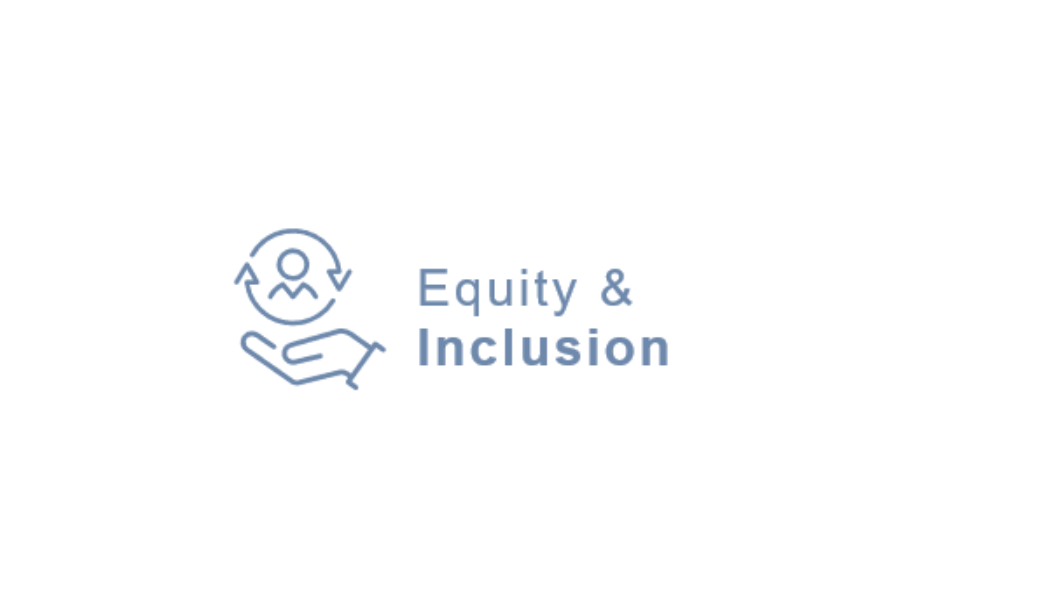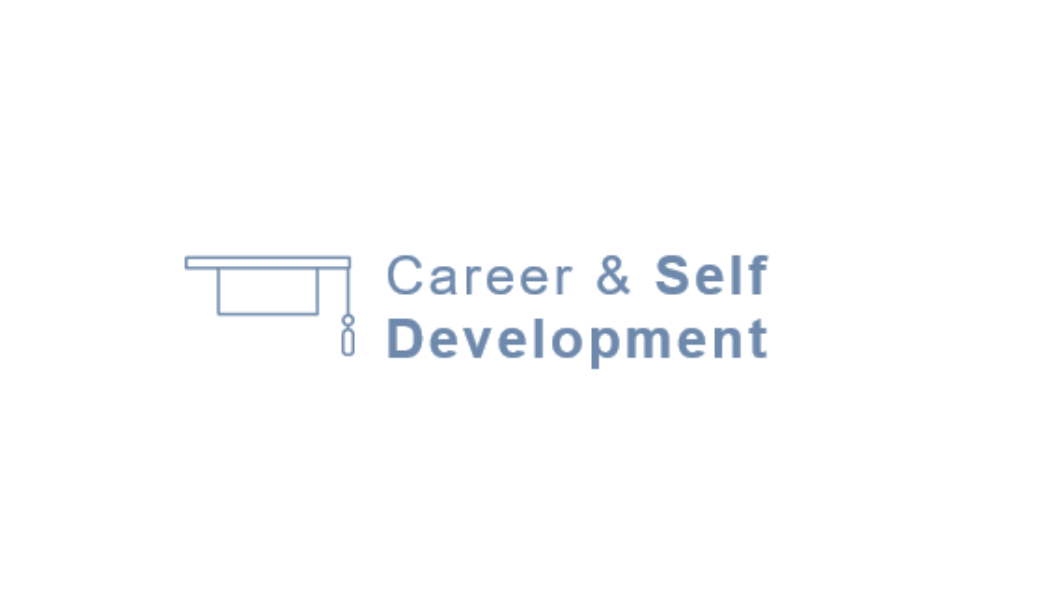- Apply
- Visit
- Request Info
- Give
Develop Key Skills for Success
In their annual survey of employers, the National Association of Colleges and Employers (NACE) has found these eight competencies consistently top the list of essential skills employers look for, regardless of field of study or degree earned. Now is the time to identify the skills you have and which you need to develop to successfully transition to the work world.

Critical Thinking
You can identify and respond to needs based upon an understanding of situational context and logical analysis of relevant information.
EXAMPLE: Engage in an undergraduate research project or plan and facilitate a campus event

Communication
You can clearly and effectively exchange information, ideas, facts, and perspectives with persons inside and outside of an organization.
EXAMPLE: Deliver a class presentation or perform responsibilities of an EBoard role.

Leadership
You recognize and capitalize on personal and team strengths to achieve organizational goals.
EXAMPLE: Secure an EBoard position, become an RA, SOC or Peer Mentor.

Teamwork
You can build and maintain collaborative relationships to work effectively toward common goals, while appreciating diverse viewpoints and shared responsibilities.
EXAMPLE: Join a varsity or club sport or acquire a leadership role on campus.

Technology
You understand and leverage technologies ethically to enhance efficiencies, complete tasks, and accomplish goals.
EXAMPLE: Gain skills in an industry specific software or develop a professional social media presence.

Professionalism
You understand the uniqueness of work environments, demonstrate effective work habits, and act in the interest of the larger community and workplace.
EXAMPLE: Participate in a co-op/internship or participate in volunteer activities.

Equity & Inclusion
You demonstrate the awareness, attitude, knowledge, and skills required to equitably engage and include people from different local and global cultures.
Example: Participate in campus multi-cultural events or complete a study abroad or global field course experience.

Career & Self
DevelopmentYou recognize the need to develop your career through continual personal and professional learning, being aware of your strengths and weaknesses, and networking to build relationships to aid your career growth.
EXAMPLE: Participate in resume review or mock interview programs or engage in meaningful career conversations with alumni and career professionals.

